International Day of Women and Girls in Science
11 February under the banner of science
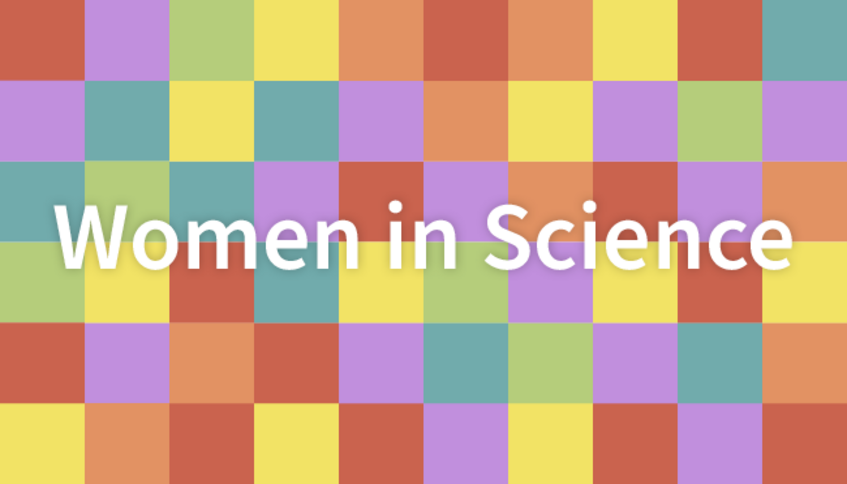
The International Day of Women and Girls in Science was initiated by the United Nations and aims to raise awareness of the gender gap in STEM disciplines. It aims to inspire, scrutinise and demonstrate how we can achieve equal access to and participation in science for women and girls.
The University of Vienna also sends a signal on 11 February: On the occasion of the International Day of Women and Girls in Science, the University shines a spotlight on female academics working at its natural sciences faculties and the CeMESS centre, the Data Science research network and our inter-university organisational unit (Max Perutz Labs) to provide an overview of the wide range of initiatives that promote equal opportunities and the visibility of women in science.
A look at current figures in STEM subjects at the University of Vienna
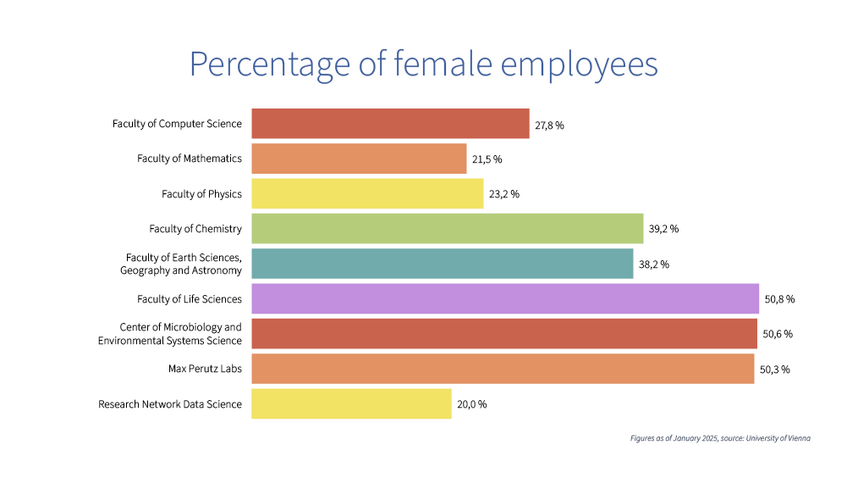
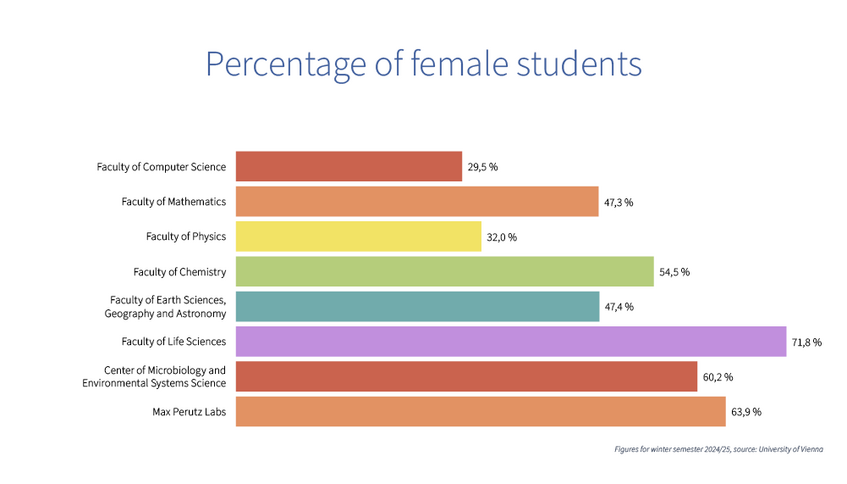
Faculty of Computer Science
- At the Faculty of Computer Science, 27.8 % of academics are women. The current share of female students is 29.5 %.
- To the "Women in Science"-web page of the Faculty of Computer Science.
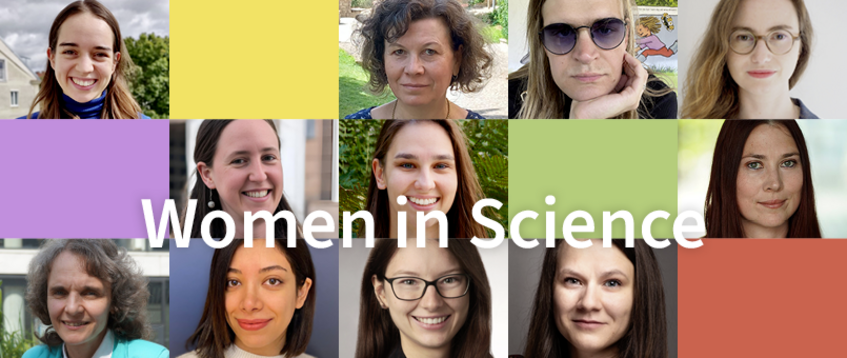
Faculty of Mathematics
- At the beginning of 2025, the share of female academics at the Faculty of Mathematics was 21.5 %. The current share of female students across all mathematics degree programmes is 47.3 %.
- The Faculty actively promotes the integration of women and the advancement of their careers.
- To reach potential female students, the Faculty participates in the “Frauen in die Technik (FIT)” information days.
- All job advertisements are published on the international platform European Women in Mathematics.
- In addition, the Faculty has created the role of vice-dean for diversity, equality and inclusion.
- To the "Women in Science"-web page of the Faculty of Mathematics.
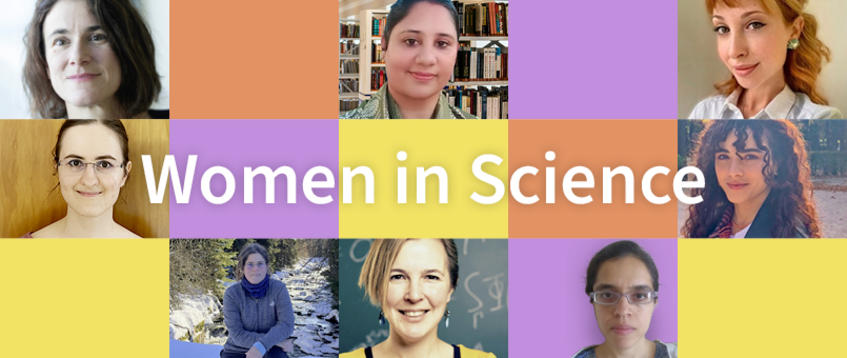
Faculty of Physics
- At the Faculty of Physics, 23.2 % of all scientists are women; the current share of female students at the Faculty is 32 %.
- The Faculty of Physics is actively participating in relevant programmes, such as “Frauen in der Technik (FIT)” and initiatives of the University of Vienna.
- The Faculty offers courses on the subject of ‘women in physics’.
- To increase the visibility of women and to raise awareness of the issue, the Faculty has appointed a diversity coordinator who serves as a contact person for all matters relating to gender equality and diversity.
- The Lunchbreak Talks provide an opportunity for networking, informal exchange and input on topics relating to gender equality and diversity. In addition, it serves to introduce female researchers as role models for young academics.
- To the "Women in Science"-web page of the Faculty of Physics.
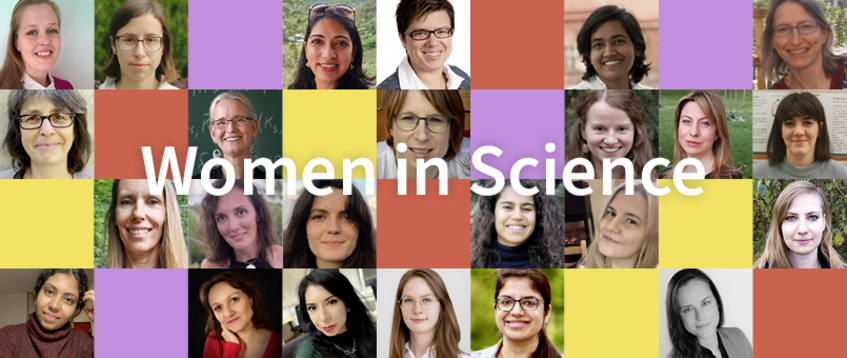
Faculty of Chemistry
- At the Faculty of Chemistry, the share of female academics is currently 39.2 %; the share of female students is 54.5 %.
- In its bachelor’s and master’s programmes, the Faculty has achieved parity already a while ago. In 2011, the share of women in the doctoral programme amounted to 50 % for the first time. In 2013 for the first time, more women than men completed their doctoral studies at the Faculty.
- The Women in Chemistry (WoChem) network has been supporting young female chemists at the Faculty since 2018. It offers peer mentoring, training courses, events to promote the exchange of experiences, as well as various guest lectures.
- Together with other doctoral schools in the STEM subjects, the Doctoral School of Chemistry is organising the Embracing Diversity in STEM conference, which will take place at the University of Vienna on 18 February 2025.
- The Faculty has set up a web page focusing on the Faculty’s commitment to diversity.
- To the "Women in Science"-web page of the Faculty of Chemistry.
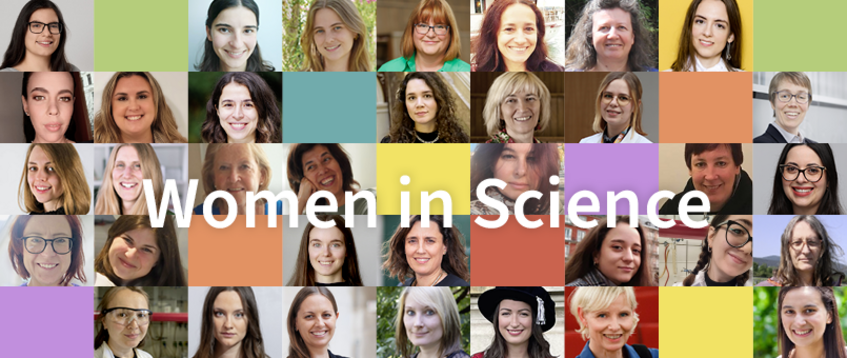
Faculty of Earth Sciences, Geography and Astronomy
- The share of female academics at the Faculty of Earth Sciences, Geography and Astronomy is 38.2 %; the share of female students amounts to 47.4 %. 86 % of all tenure track professors are women.
- Committed female academics of the Faculty of Earth Sciences, Geography and Astronomy inspire girls and young women as part of the Children’s University, at schools and on the occasion of the Vienna Daughters' Day (Wiener Töchtertag).
- The Faculty actively supports the gender and diversity initiative and organises regular networking events and workshops.
- In cooperation with the gender office, the Culture and Equality unit and the VISESS doctoral school, the Faculty offered the course Academia and In/Equality in 2024 for the first time. This course will be offered again as a lecture series in the summer semester of 2025.
- To the "Women in Science"-web page of the Faculty of Earth Sciences, Geography and Astronomy.
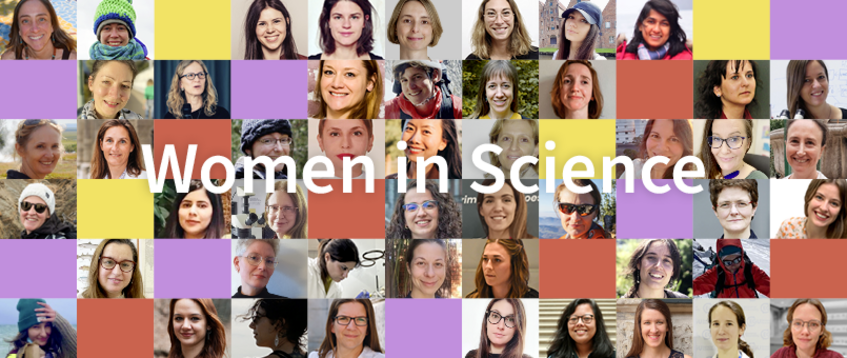
Faculty of Life Sciences
- The share of female academics at the Faculty of Life Sciences is 50.8 % – this is the highest share of women among all STEM faculties and centres of the University of Vienna. Currently, 50 %, and in some degree programmes, even 80 % of all students are women.
- Due to a proactive recruitment strategy, the share of female tenure track professors has risen to 55 %.
- To promote early stage researchers, the Faculty awards the Gertrud-Pleskot Prize once a year to highly qualified female postdoctoral researchers for their outstanding publication achievements.
- As part of the Women in Biology Initiative (WoBio), the Faculty has been organising regular meetings, workshops and internal networking opportunities, such as role model seminars since 2015.
- Click here to go to the "Women in Science"-website of the Faculty of Life Sciences.
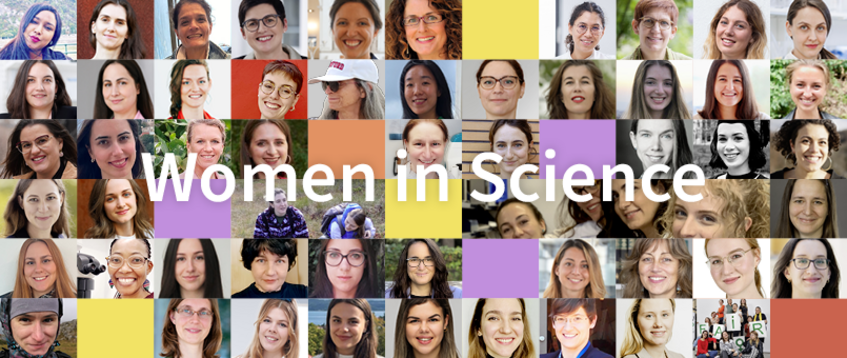
Centre for Microbiology and Environmental Systems Science
- At the Centre for Microbiology and Environmental Systems Science (CeMESS), 50.6 % of all researchers are women; the share of female centre members is 54 %. The current share of female students is 60.2 %.
- The laureates of the four most recently awarded ERC (European Research Council) grants were women. Of the 12 highly competitive ERC grants awarded to CeMESS researchers, eight were awarded to female researchers.
- The CeMESS initiative for the promotion of women’s careers aims to support female early stage researchers. It has a particular focus on career development, structural improvements to close the gender gap in science and to allow women to reconcile work and family duties.
- To the "Women in Science"-web page of the CeMESS.
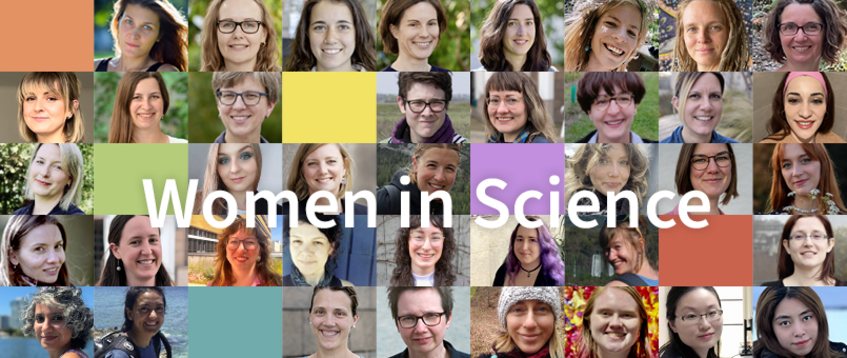
Data Science research network
- The share of female academics at the Data Science @Uni Vienna research network is 20 %.
- In the master’s programmes in Business Analytics, Data Science and Digital Humanities, the share of female students is 54 %. There are already more female than male graduates of master’s programmes.
- The research network participates in initiatives such as the Vienna Daughters' Day (Wiener Töchtertag) to inspire young women for natural sciences topics and a career in the STEM subjects.
- Female members of the research network are active as role models in the LEA Role Model programme and lecture at events organised by networks such as Women@POI. Events such as the Data Science Day provide a platform for initiatives such as Women in AI.
- To the "Women in Science"-web page of the Data Science research network.
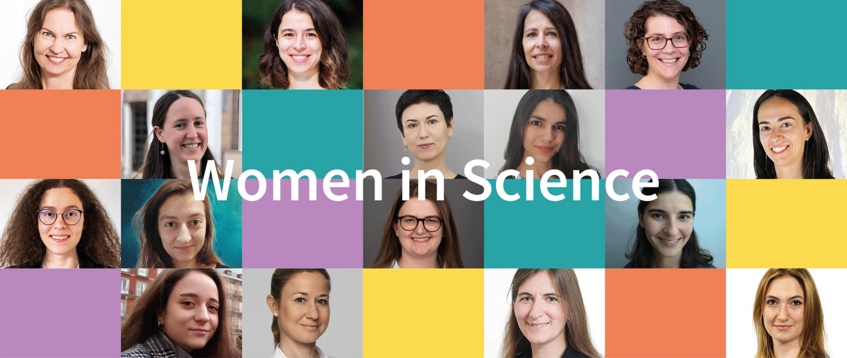
Max Perutz Labs
- At the Max Perutz Labs, the proportion of female scientists is 50.3%; the current proportion of female students is 63.9%.
- The Max Perutz Labs supports pregnant scientists by funding a master's position for up to a year in order to seamlessly continue the scientific projects.
- Female scientists serve as role models and motivate female students to work in the field of life sciences.
- Video (YouTube) "Women in Science talk about their inspiration"
- To the Website of Max Perutz Labs
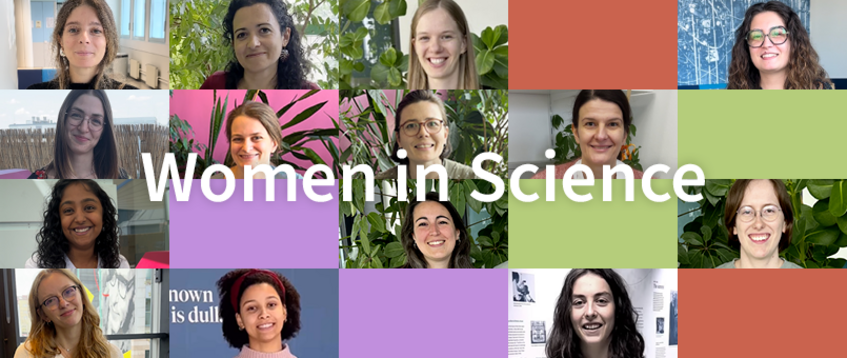
Please notice
Definition of the term ‘female academics’ in this article: The specified shares include female professors, visiting professors, lecturers, tenure track professors, postdoctoral assistants, predoctoral assistants, academic civil servants and employees (including senior scientists), academic third-party funded staff, associate professors, senior lecturers
The specified shares of students include students who have been admitted and (re-)enrolled. Excluded are co-registrations, leaves of absence and short degree programmes, i.e. degree programmes that were started and terminated again within a single admission period.
